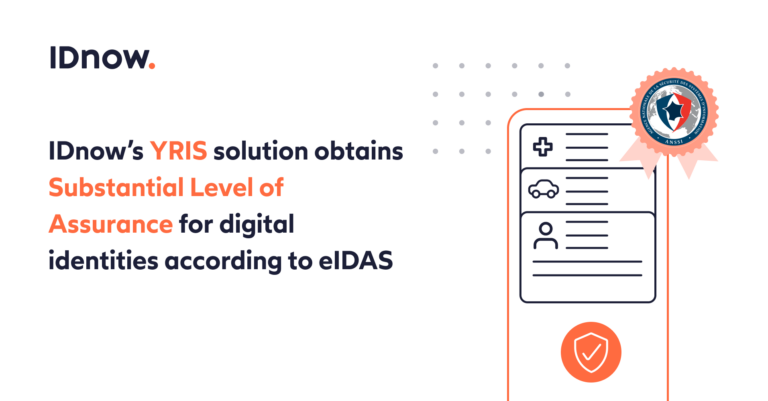Collaboration increases IDnow’s document checking capabilities in the air travel industry
Munich, May 31, 2023 – IDnow, a leading identity proofing platform provider in Europe, announces its participation in the International Civil Aviation Organization (ICAO) Public Key Directory (PKD) pilot program to further enhance its document checking capabilities in commercial air travel. First established in 2007, the ICAO PKD is a central repository for exchanging the information required to authenticate electronic Machine Readable Travel Documents (eMRTDs), such as ePassports and electronic ID cards.
Today covering 90 issuing authorities worldwide, the ICAO PKD offers an effective means for countries to upload their own technical data related to ePassports and electronic ID cards and download that of other issuing authorities, thus eliminating the need for bilateral exchange of this data. Essentially, the ICAO PKD takes on the role of a central broker for this technical information while also helping to ensure that the information adheres to the necessary technical standards (i.e., ICAO 9303 specifications) to maintain interoperability.
Security is a top priority in air travel
By joining the time-limited ICAO PKD pilot, IDnow has received temporary permission to read out the data stored in the NFC (Near-field communication) chip of ePassports and electronic ID cards and to use this data in their commercial solutions in the air travel domain.
“Security and facilitation are a top priority in air travel, and identity verification plays a crucial role in any travel security equation nowadays,” says Lovro Persen, Director Document and Fraud at IDnow. “We are therefore very pleased to participate in the ICAO PKD pilot. Being part of this program allows us to verify the authenticity of an electronic ID document and its rightful origin. In addition to our advanced in-house fraud fighting measures, we are thus able to verify that the data on the document’s chip is authentic and that the issuing authority is the one it claims to be. Furthermore, we can extract the embedded portrait photo of the document holder from the NFC chip and use it for biometric verification, knowing that it has not been tampered with,” he adds.



